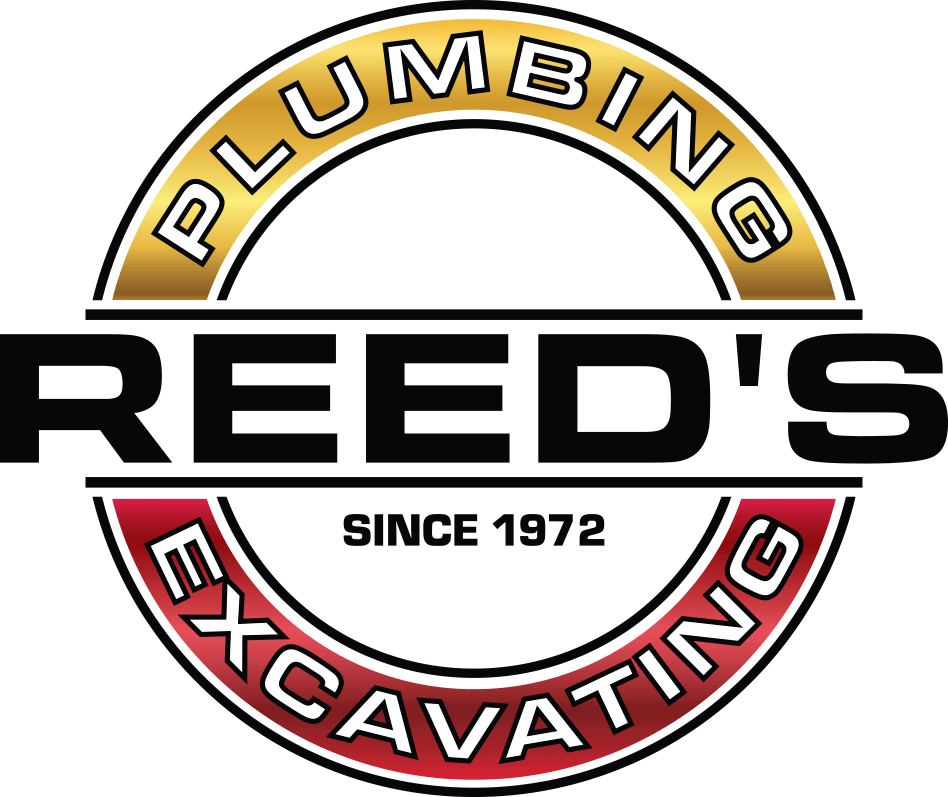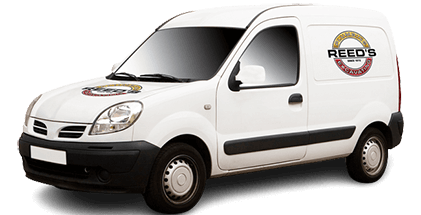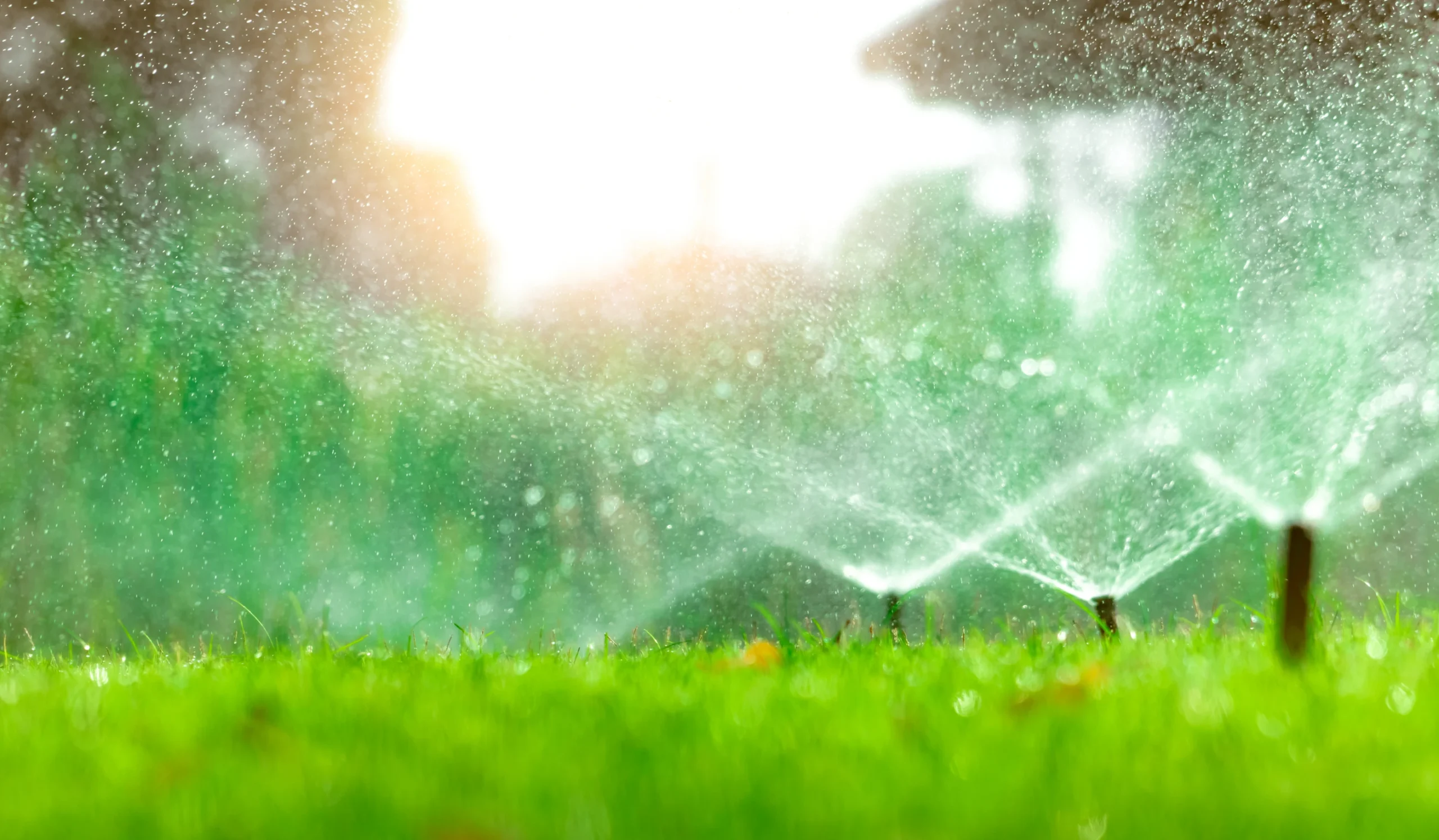The arrival of warm weather brings a new set of circumstances with your home plumbing, from seasonal foods in the garbage disposal to increased water use both in home and on the lawn, there’s plenty of checkpoints to make sure your plumbing is operating smoothly.
Hot Water
Summer fun includes road trips and vacations, and if you aren’t in your home using hot water, you may be wasting money on energy bills. Simply turning down the temperature on your hot water heater, or turning it to vacation mode if applicable, will save on your energy costs while you are out.
Laundry
With summer on the horizon, you may find yourself using your washer and dryer more, and more use means more wear. If you have rubber hoses on your washer, check it for cracks and signs of wear to avoid a potential leaky mess. You can even upgrade them to stainless steel hoses to further prevent this from happening.
Sprinkler Systems
We’re entering the prime growing and watering season for lawns, gardens, and flower beds. The increased use of water can be mitigated by simply checking your hoses, outdoor faucets, and sprinklers for leaks. If the hoses were left out during the winter, check for potential damage. Also check and update hose gaskets, when necessary, at the faucet—the small rubber ring inside your hose can have a big impact on water leaks while tending the lawn.
Garbage Disposal Limits
Fresh summer produce and farmers markets can inspire menus throughout the season—but what do you do with the waste? Fresh summer favorites such as melon rings, potato skins, cherries, and cornhusks can damage your disposal.
If you’re looking for a fresh summer scent in the kitchen, lemon and lime peels not only help clean your garbage disposal, but also serve as a great deodorizer. Just cut into small pieces and run with cold water to make everything smell fresh.
Smart Watering
Did you know you can buy smart accessories for your home irrigation systems and even your outdoor faucets? Products such as Wi-Fi connected irrigation planners help conserve water by watering less during summer storms and can even help track local water evapotranspiration—the rate at which water is transferred from the soil, grass, and plants and into the atmosphere. This can help you save money on watering and maximize when and how long you need to water.





